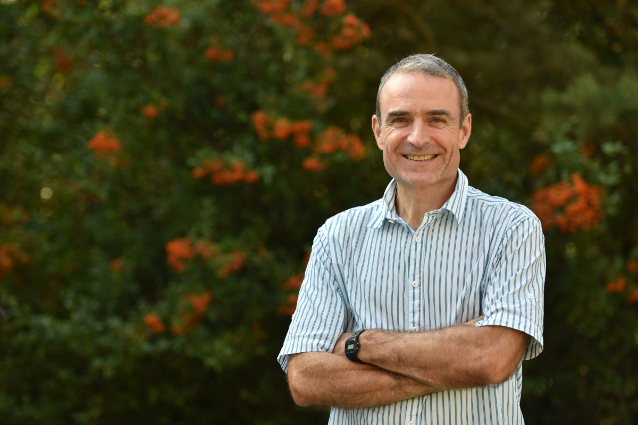Robert Paxton, Prof. Dr.

Chair of General Zoology, Institute for Biology, Martin Luther University Halle-Wittenberg, Germany
Brief Bio: Prof. Dr. Paxton is a graduate of Sussex University, where he undertook a PhD on sex ratios in solitary wasps in 1985, Robert subsequently held postdoc positions at Cardiff University, researching bees and pollination, Uppsala University, working on bee population genetics, then the University of Tübingen (Germany), researching the genetics of social evolution. In 2003 took up an academic post at Queen’s University Belfast from where, in 2010, he moved to the University of Halle (Germany), to take up a chair in zoology and where he focuses on insect evolutionary ecology, with a taxonomic focus on bees.
social evolution, host-parasite relations, pollination, conservation genetics, bee
The dynamics of Deformed wing virus genotypes in varroa-infested honey bee colonies
The ectoparasitic mite Varroa destructor is widely recognised as the scourge of beekeeping with Apis mellifera across the world. Colony mortality of varroa-infested colonies is often attributable to infection by viruses that the mite transmits, particularly Deformed wing virus (DWV). The originally described DWV genotype A (DWV-A) has been shown to have spread across the world, likely accompanying the dispersal of varroa mites. A second genotype B (DWV-B) has more recently been described, a genotype that we have shown to be apparently more virulent in adult honey bees than DWV-A. Evidence points to its rapid worldwide spread as well as its marked increase in prevalence, particularly in the USA. Here I present evidence from my own group and others that tests the hypothesis that DWV-B may be spreading, potentially at the cost to DWV-A, with grave consequences for honey bee health in the coming years.